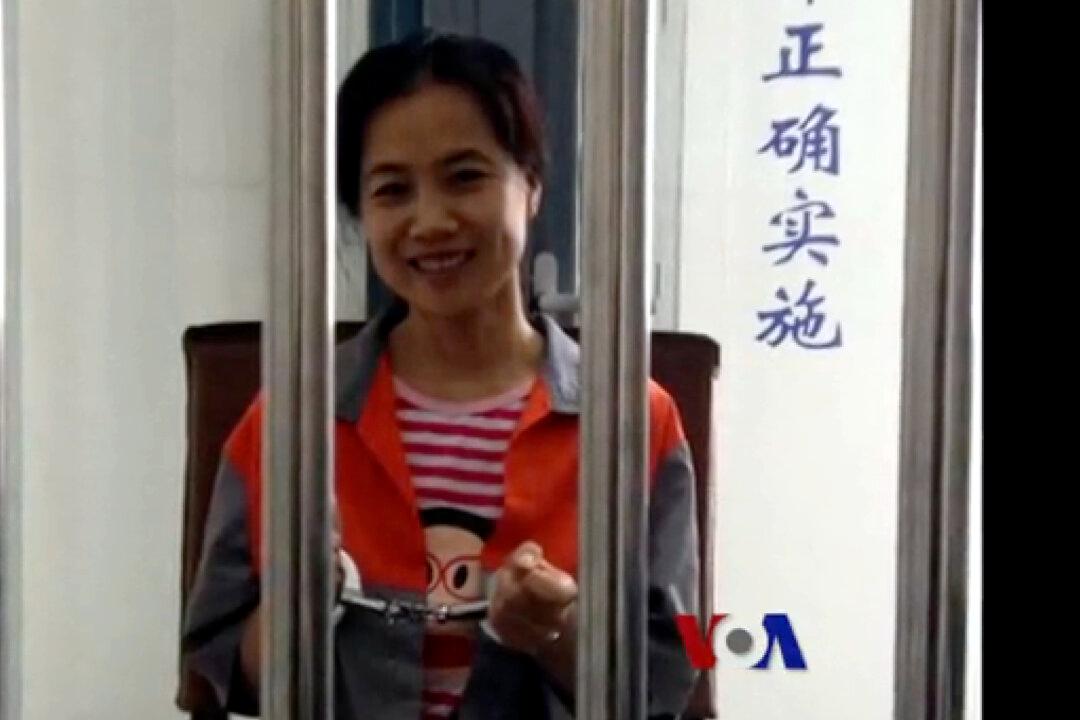Li Huanjun, a former primary school teacher in Beijing, began circumventing China’s Internet restrictions sometime in 2011—not long after she found herself standing on the roof of her house, drenched in gasoline, ready to slash at regime-sponsored intruders with the kitchen knife in her hand.
Like countless others Chinese, Li simply minded her own business and had little interest in the country’s vast censorship apparatus—until she became a victim of forced demolition, and needed to educate herself and fight back.
The significance of Freegate is just too much—we need it to learn about the real news happening in China.





